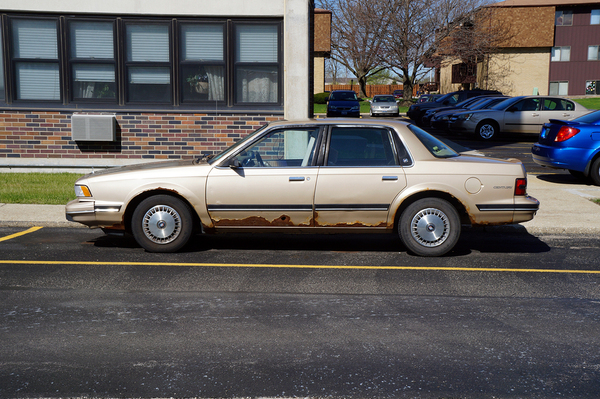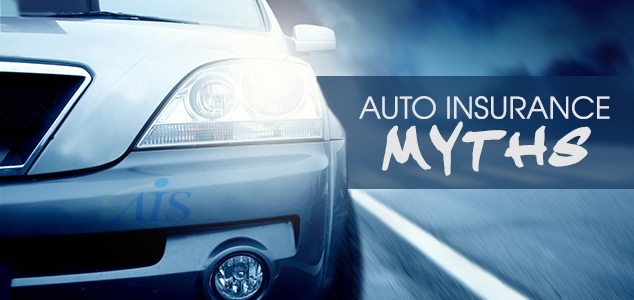Life can be full of tough decisions. For your friend’s wedding, should you buy the designer-label gown, the sensibly-priced mini or should you just wear your little black dress again? Will you shell out money for the newest 4K big-screen TV, save a few hundred with a new 48″ LED model or should you just keep your old TV and watch your shows on your tablet?
Some of the most difficult buying decisions involve multiple choices and there’s frequently a “none of the above” option as well. California auto insurance is no exception.
Every Golden State driver must obtain liability insurance coverage in order to drive legally in the state. They also have the option of purchasing collision or comprehensive car insurance. California drivers often ask themselves, which type of insurance coverage should I get? Should I pass on both – or buy them both?
What’s the Difference Between Collision and Comprehensive?
As the name implies, collision coverage protects the driver against costs incurred whenever his or her vehicle collides with another vehicle or object. Once the policy’s deductible is met, the insurer pays the remainder of all repair costs including parts, labor, repainting, and more.
Comprehensive insurance doesn’t mean that the driver is protected against every possible calamity; it just covers the vehicle for damages incurred in most non-collision incidents such as those involving hail, flooding, vandalism, or falling objects. Comprehensive coverage also reimburses the policyholder for the value of the vehicle if it is stolen (minus the deductible, of course).
Good Idea – Or Bad Investment?
Obviously, it’s prudent to acquire both collision and comprehensive insurance if your budget allows it. However, according to WalletHub, collision coverage generally costs between three and four times more than comprehensive coverage simply because accidents are the most common reason that auto insurance claims are filed.
Keep in mind that both types of coverage generally don’t have fixed coverage limits like those in liability coverage. Instead, the insurer will pay out a total claim amount that doesn’t exceed the current market value of the vehicle.
This cap on payout funds is the main reason why drivers elect not to purchase either collision or comprehensive coverage. If they own an older vehicle which doesn’t have a very high resale or trade-in value, they won’t get much money back after filing a claim in the event of an accident. Therefore, they can’t justify paying hundreds of dollars a year for the optional coverage.
For example, let’s say you own a 1998 Buick Century Limited sedan with 180,000 miles on it. The Kelly Blue Book value of this vehicle is only about $975, meaning that’s about what you would get if you tried to sell it. If your premiums for a 12-month collision coverage policy with a $500 deductible total $550 a year, you’re basically shelling out more money than you would receive if the car were totaled in an accident.

This is an even older Buick Century which is probably worth even less.
The same principle holds for all late-model year vehicles. One expert says that if your yearly optional auto insurance costs are over 10% of what you would receive from your insurance company if your vehicle were totaled, then you should drop your collision and/or comprehensive coverage and start saving up for a new (or another used) vehicle instead. However, if you have a loan on your vehicle or are leasing, you may be required to carry both comprehensive and collision under the terms of your agreement.
AIS Can Help With You with Optional California Auto Insurance
So, how much money should you pay towards comprehensive or collision insurance? How do you know if these policies are even worth pursuing? AIS insurance agents can help you with this question.
AIS can provide you with multiple quotes for all types of auto insurance so you can compare collision and/or comprehensive policies side by side. Then you can check online to see how much your vehicle is worth to determine if these types of insurance are a wise investment for you. That way, you can decide which choice is the right one for you – or if the best option is no optional insurance at all. Start the process now, and get an auto insurance quote today.
The information in this article was obtained from various sources. This content is offered for educational purposes only and does not represent contractual agreements, nor is it intended to replace manuals or instructions provided by the manufacturer or the advice of a qualified professional. The definitions, terms and coverage in a given policy may be different than those suggested here and such policy will be governed by the language contained therein. No warranty or appropriateness for a specific purpose is expressed or implied.


